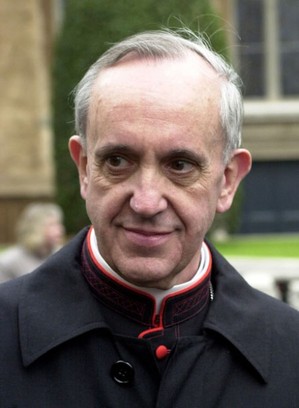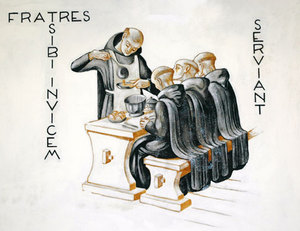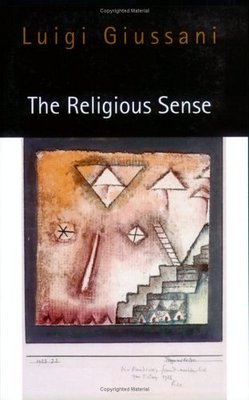In a recent article for the Our Sunday Visitor newspaper, Father Robert takes up the concept of the religious sense that Father Giussani taught, and that Cardinal Jorge Bergoglio –now Pope Francis spoke about. Shortly after the papal election I posted the chapter that Father Barron references in his article noted below, from A Generative Thought: An Introduction to the Works of Luigi Giussani (2003), where Bergoglio writes about our need to educate our religious sense and how Giussani influenced him in his method of dealing with ultimate questions.
You may read that chapter here that’s noted in a previous post on Communio.
Here is a paragraph of Barron’s OSV article. The full text is accessed here.
Part of Msgr. Giussani’s genius, Cardinal Bergoglio argued, was that he did not often commence his discourse with explicitly dogmatic or doctrinal language, but rather with an awakening of the often implicit religious sensibility that every person possesses. This sensibility expresses itself in terms of the most fundamental questions: What is my ultimate origin? What is my final destiny? Is there a meaning or logic that runs through the universe? Why, precisely, is there something rather than nothing? These interrogations lead ineluctably to God, for God alone can answer them.
Father Robert Barron
OSV Newsweekly, 5 May 2013


